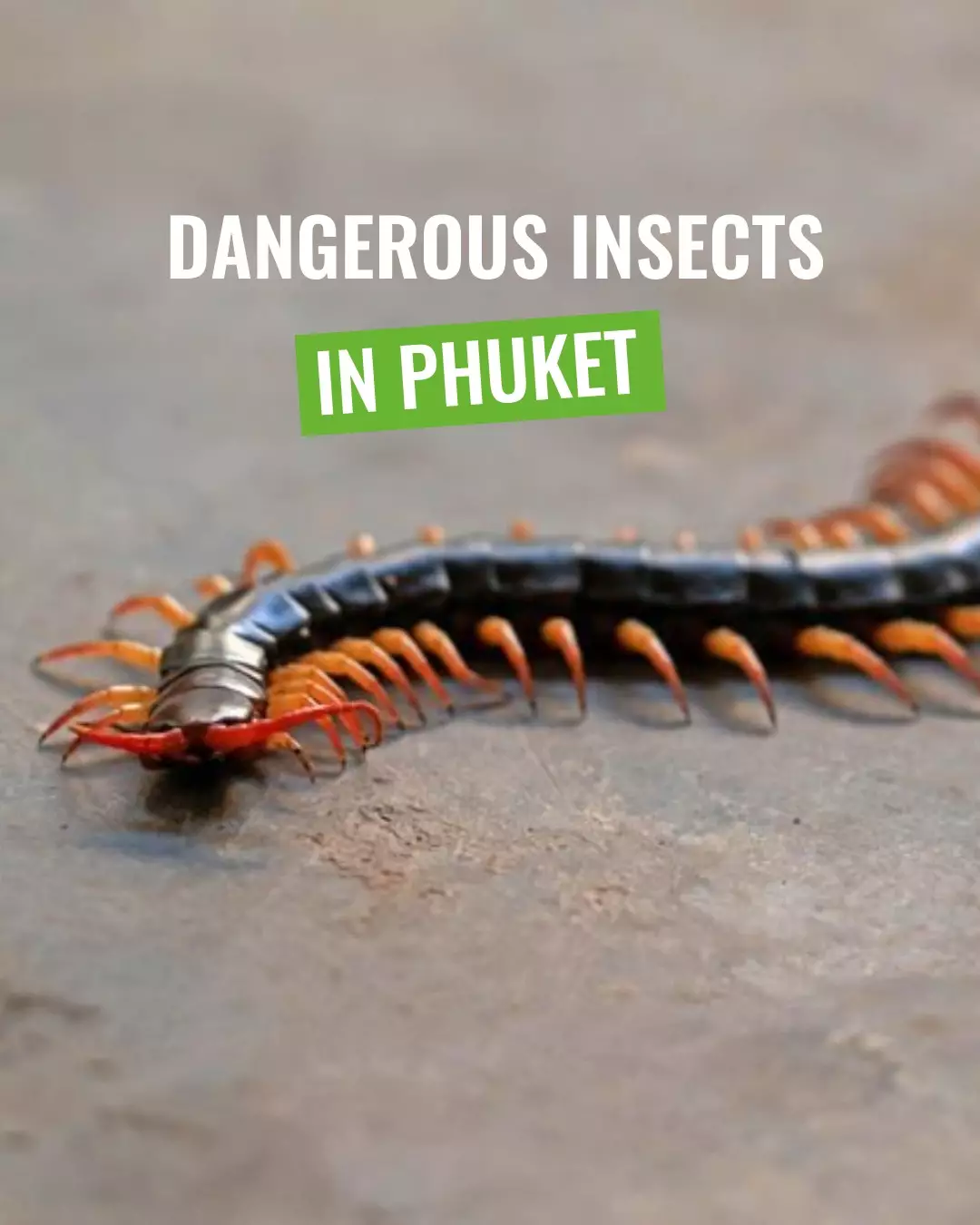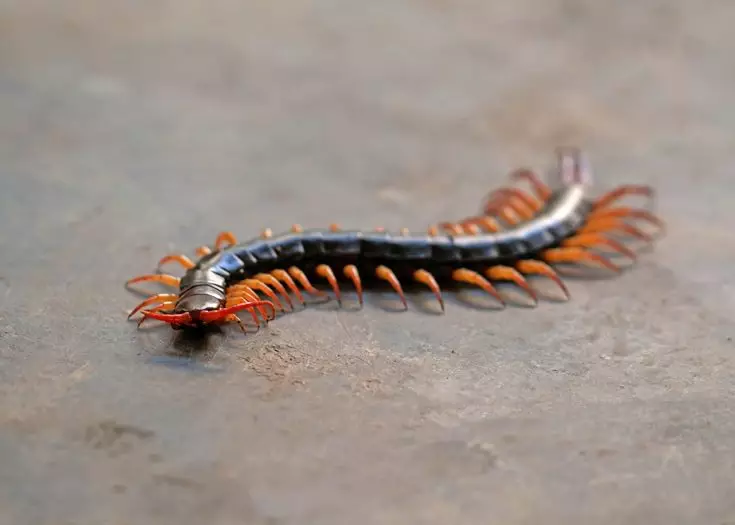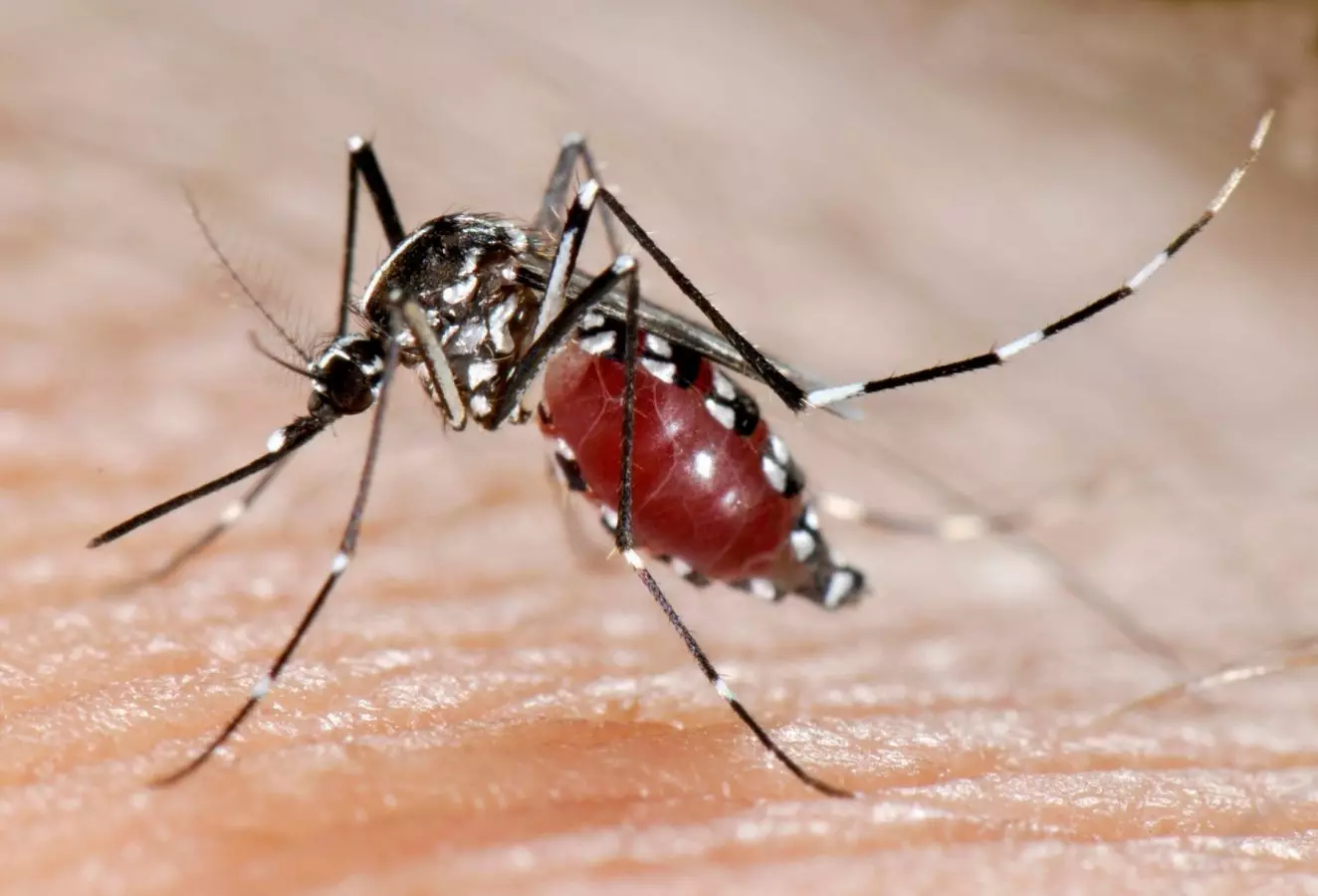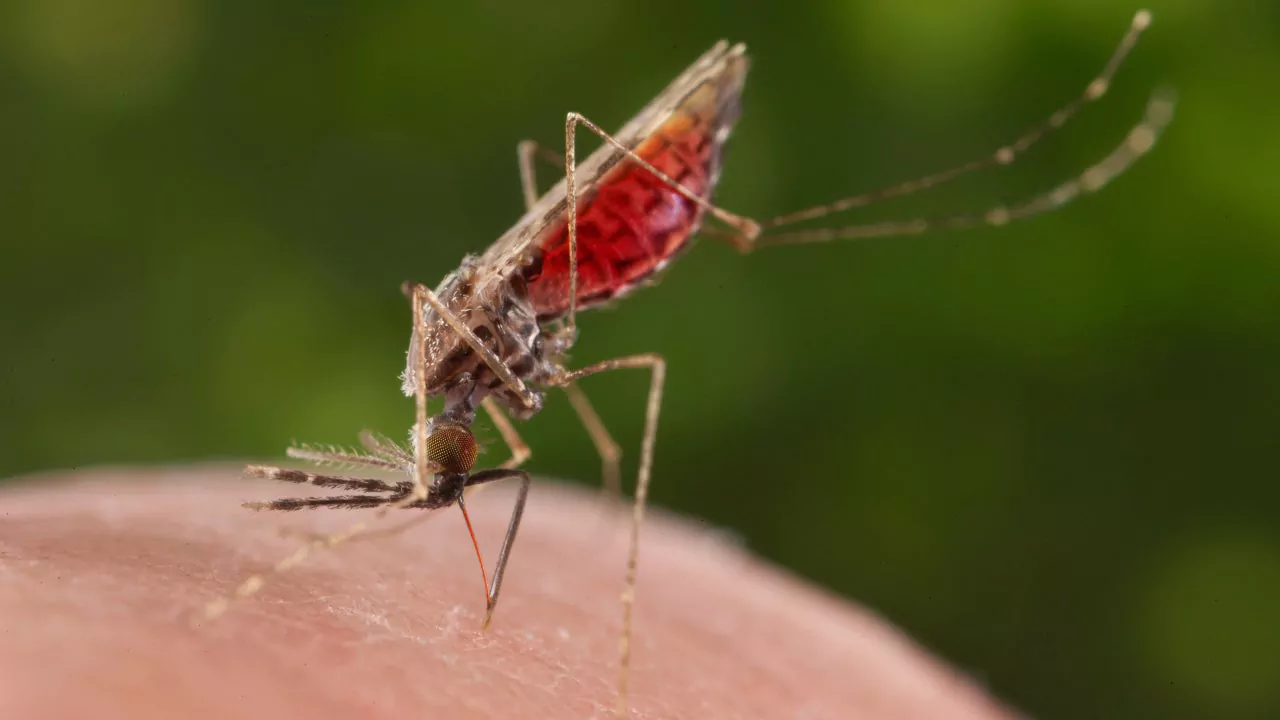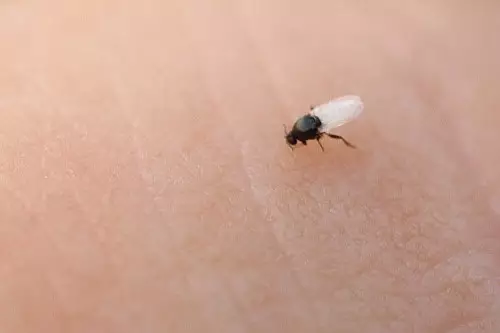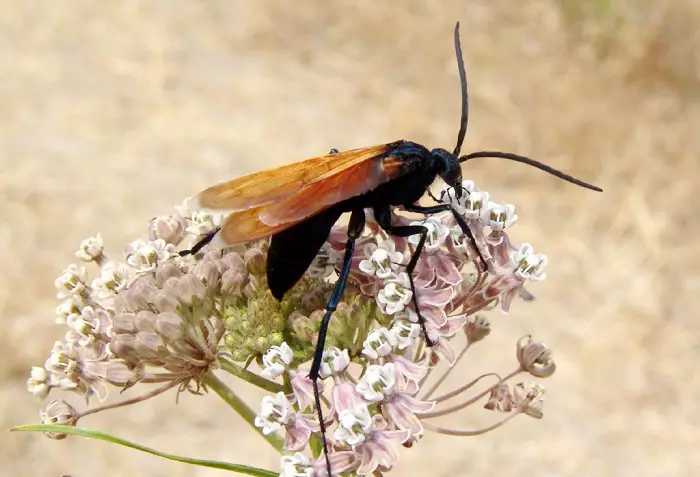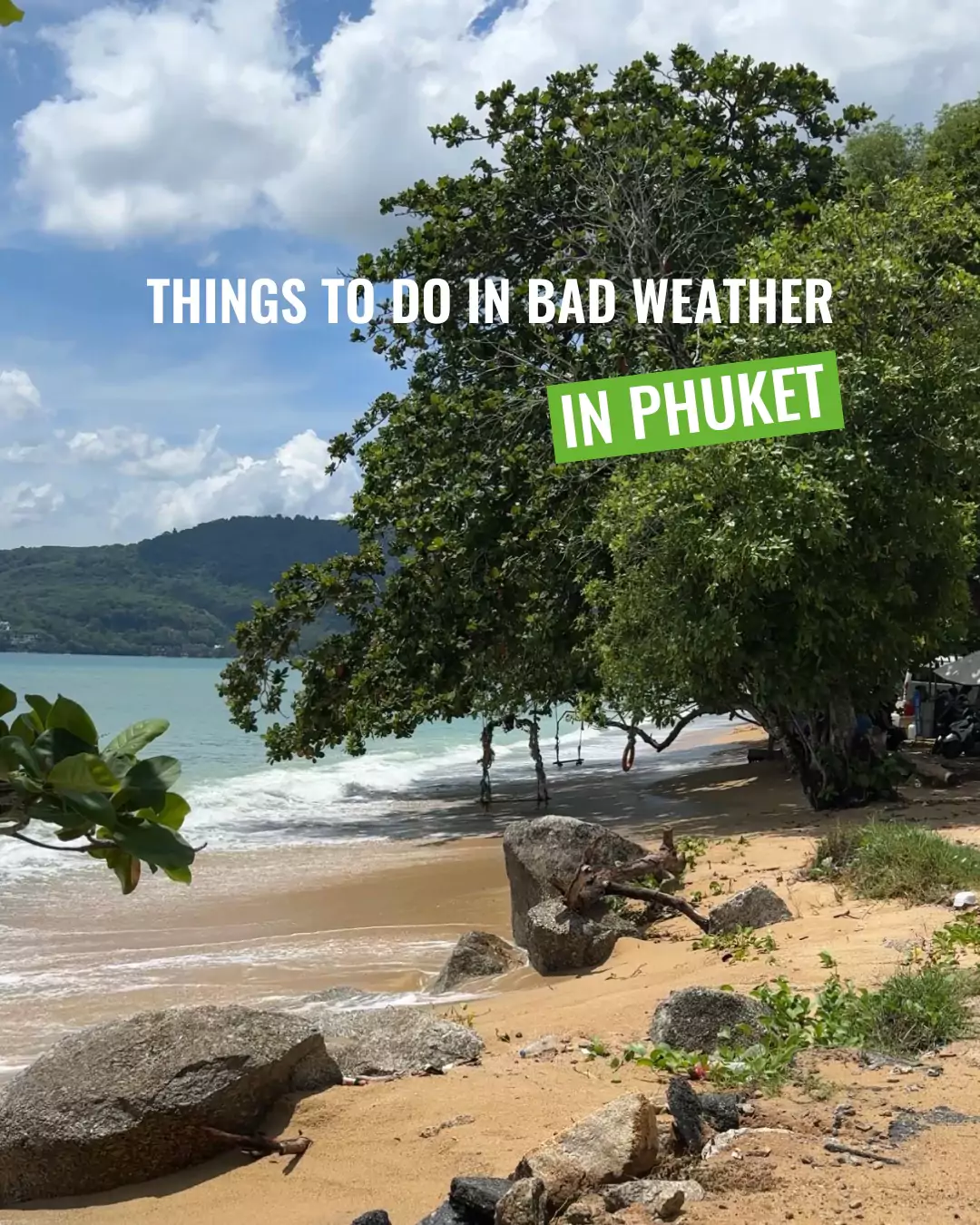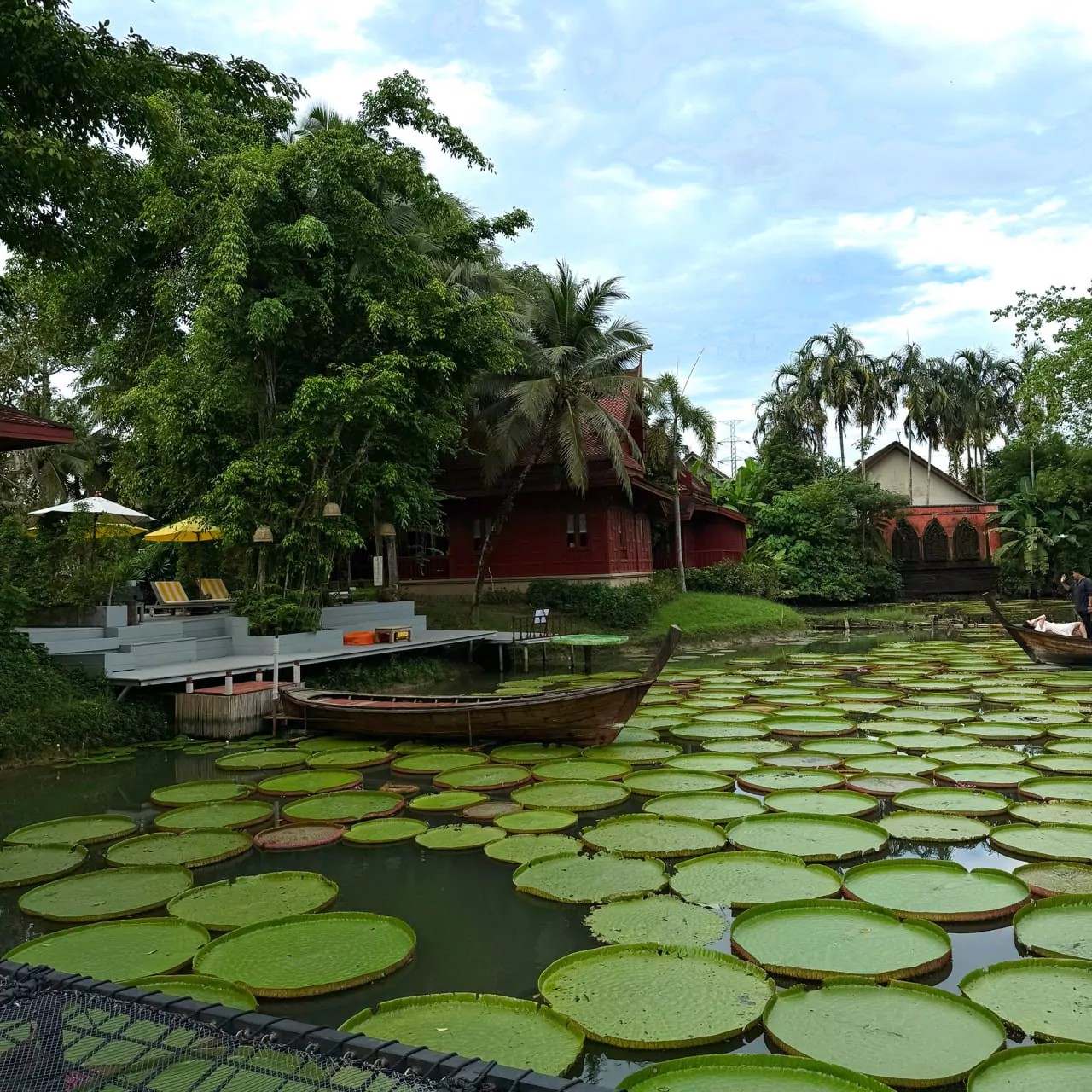Dangerous Insects in Phuket
Phuket is home to a diverse array of wildlife, and not all of its inhabitants are friendly toward humans. We’ve previously detailed some of them in our articles, The Most Dangerous Venomous Snakes in Phuket and Frightening Spiders in Phuket.
Most of these creatures have an intimidating appearance but pose little real threat to humans, and encountering them is quite rare. However, there are indeed some truly dangerous insects on the island, encounters with which are more likely — and can even be fatal.
Centipedes
These unpleasant-looking insects are practically everywhere on Phuket. Typically, they hide beneath the top layer of soil, sand, or stones and often make their way into homes (including via sewage systems). This makes encounters with them quite common, although such incidents have become slightly less frequent in recent times.
Centipedes can grow up to 30 cm in length, but it’s not their size that’s most terrifying—it’s their aggressiveness and lightning-fast reactions. Crushing a centipede is also no easy task due to its tough exoskeleton.
Additionally, each of the dozens of legs (sometimes numbering up to a hundred!) is equipped with venomous glands. Contact with the skin leaves a mark, accompanied by persistent itching for several days, and in some cases, it can trigger an allergic reaction. While a human fatality from a centipede bite is extremely rare, these insects pose a genuine threat to cats and dogs.
To avoid testing your luck, it’s best not to walk barefoot or bury your feet in the sand. If you live in a villa or on a lower floor, remain vigilant: always check your shoes, bed, and chairs before use.
What to do if you’re bitten by a centipede
The venom of a centipede can be neutralized with an alkaline solution. A great option is to dissolve regular baking soda in water and thoroughly wash the areas of skin the insect touched. If you don’t have baking soda on hand, you can also use other alkaline solutions or ethanol-based products, which can also partially neutralize the effects of the venom. Still, it’s a good idea to see a doctor, especially if an allergic reaction occurs. You can find Phuket medical facilities in the Hospitals section.
Mosquitoes
At first glance, mosquitoes might not seem threatening — after all, their bite isn’t very painful and rarely causes serious issues. However, the situation in Thailand is quite different: mosquitoes here are carriers of severe viral diseases, such as dengue fever. The peak incidence begins right with the start of the low season in Phuket, that is, in May. Symptoms of dengue include high fever, severe headache and muscle pain, and weakness. Among the complications, there have even been cases of blindness or deafness. Complications can be severe, with reported cases of blindness and deafness. More dire consequences may arise if the illness progresses to its hemorrhagic form. This condition leads to blood vessel damage, internal bleeding, a drop in platelet levels, and severe hemorrhaging.
Doctors also warn that contracting dengue a second time significantly increases the risk of developing its severe form. There are four known strains of the dengue virus, and while vaccination may protect against one, it doesn’t guarantee immunity against the others.
The carriers of this highly unpleasant disease in Phuket are female Asian tiger mosquitoes. They are distinct from common mosquitoes, with white stripes covering their bodies and legs.
In addition, mosquitoes in Thailand can also transmit malaria. The initial symptoms of this disease are similar to dengue fever, with a high temperature that subsides after a couple of days, only to spike again. Tropical malaria has a severe course, and individuals with weakened immune systems are at significant risk. Delayed treatment increases the chances of death due to cerebral ischemia or liver and kidney failure.
A malarial mosquito can be distinguished from a regular one by its appearance: malarial mosquitoes have longer legs, and when they land, they raise their bodies high, forming an angle with the surface. A regular mosquito, on the other hand, sits flat.
Thai mosquitoes do not buzz, making it very difficult to anticipate and avoid their bites. However, you can avoid getting bitten by wearing protective clothing, using repellents (Thai ones are more effective than Russian), fumigators, and mosquito nets on windows. Also, avoid settling near humid forests and thickets — that’s where mosquitoes are most prevalent.
What should you do if you’re bitten by a malaria-carrying mosquito or suspect symptoms of dengue fever? Seek medical attention as soon as possible — there’s no other option. Don’t wait and hope you’ll feel better: it’s best to start treatment right away.
Sand Flies
These insects are found on the beaches of Southeast Asia and can significantly ruin your vacation. These tiny black flies have an unpleasant way of biting: they literally gnaw away a patch of skin, leaving a small hole behind. The bite may not be immediately noticeable, but it takes a long time to heal, and the victim experiences intense itching that is very difficult to relieve.
There are repellents available for sand flies, but not all of them are effective. If you are bitten by a sand fly, the primary rule is to avoid scratching the bite area to prevent dirt and infection from entering the wound. In the humid tropical climate, any wound takes longer to heal. It is essential to purchase a suitable ointment from a pharmacy — Thai locals are usually familiar with effective remedies.
Tarantula Hawk
This is a family of wasps, some of which do indeed hunt tarantulas, though most feed on pollen and rotting fruit. They can be identified by their black bodies and bright orange wings.
These wasps are commonly found near roads and highways. A tarantula hawk will not sting a person without reason, but during a bike ride, it might accidentally collide with you, so caution is advised. The stinger of this wasp is about 7 mm long and is completely coated with venom. The sting site temporarily loses sensation, then swells up and becomes painful. It is said that the sting of a tarantula hawk scores a maximum of 4 points on the Schmidt pain index, which measures pain intensity. However, in reality, the likelihood of this insect stinging a human is extremely low — the tarantula hawk would much rather go after a spider than a human.
Remember, if you are bitten or stung by any of the mentioned insects or another unfamiliar one, and the bite site becomes swollen, the swelling increases, you develop a fever, blood pressure changes, or you feel weak, it is crucial to consult a doctor.
Stay cautious, and may your time in Phuket bring you only pleasant encounters! Explore exciting Excursions, amusement parks, and other attractions on Phuket on our website.

